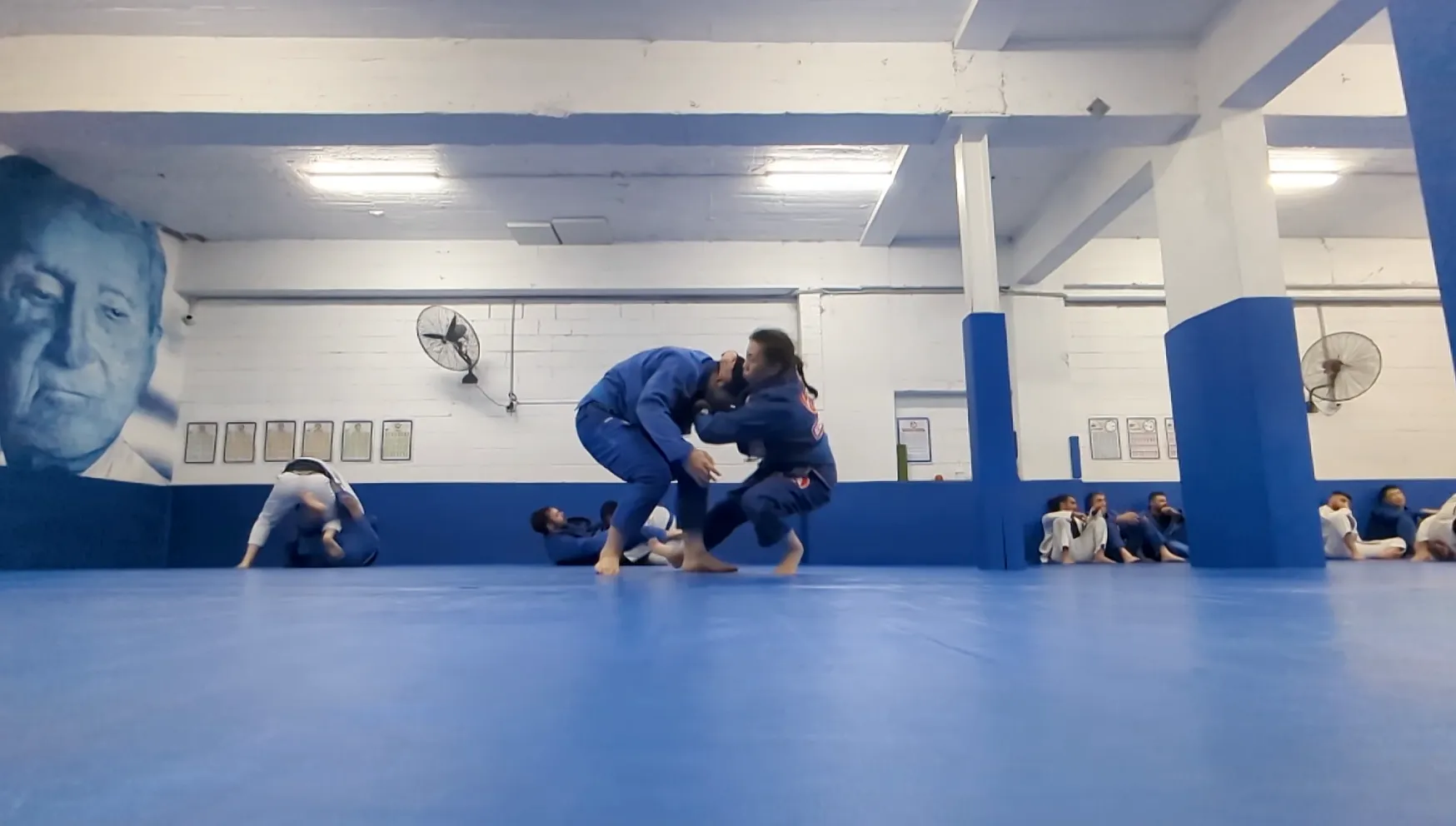Prioritizing Your Safety on the Jiu-Jitsu Mat: A Guide to Smart Training

Jiu-Jitsu is a sport that thrives on camaraderie, learning, and mutual respect on the training mat. However, the reality is that accidents can happen, and not everyone approaches training with the same level of consideration. This guide aims to provide insights on how to prioritize your safety, make informed choices about training partners, and maintain a healthy approach to Jiu-Jitsu.
Recognizing Potential Risks:
Rough Training Partners: If you identify someone as consistently rough during training and there's a risk of injury, it's entirely within your right to avoid rolling with them until you feel comfortable.
Size Disparities:
Refusing to roll with significantly larger partners, especially if there's a notable weight difference, is a valid choice. While occasional challenges are beneficial, it shouldn't compromise your safety.
Asserting Your Boundaries:
- Selective Rolling: You don't have to roll with everyone who calls you out. Prioritize your safety and well-being. Understanding your own limits is crucial, and declining rolls is a valid way to maintain those boundaries.
- Communication About Injuries: If you have existing injuries, communicate openly with your training partners. This ensures they are aware of your condition and can adjust their approach accordingly. Effective communication promotes a safer training environment.
Managing Injuries:
- Listening to Your Body: If something feels off or uncomfortable during a roll, don't hesitate to tap out early. Ignoring warning signs can lead to exacerbated injuries. Always prioritize your health over pushing through discomfort.
- Rest and Recovery: In case of injury, it's crucial to rest and allow your body to recover. Pushing through pain can worsen the condition. Take the time needed to heal, and consult with healthcare professionals if necessary.
Stretching and Weightlifting:
Jiu-Jitsu alone might not cover all aspects of physical fitness. Incorporate stretching and weightlifting into your routine to enhance flexibility, strength, and overall athletic performance.
Sleep and Nutrition:
Adequate sleep and proper nutrition are fundamental for recovery. Training multiple times a week without sufficient rest and proper nutrition can lead to fatigue, increased injury risk, and hinder overall performance.
Conclusion:
While the Jiu-Jitsu community is generally supportive, it's essential to be proactive in safeguarding your well-being. Prioritize smart training choices, communicate effectively with training partners, and maintain a holistic approach to health. By doing so, you can enjoy the benefits of Jiu-Jitsu while minimizing the risks associated with training. Remember, your safety is paramount, both on and off the mat.
